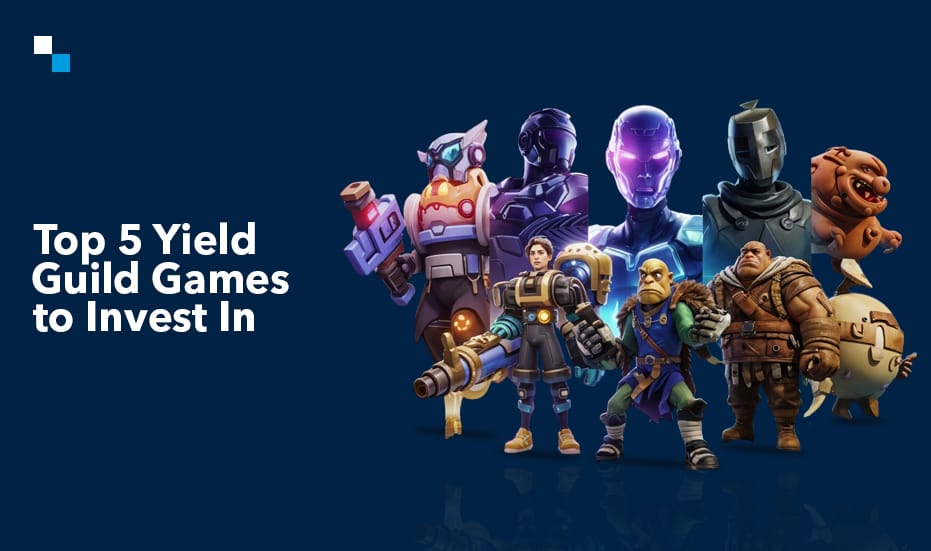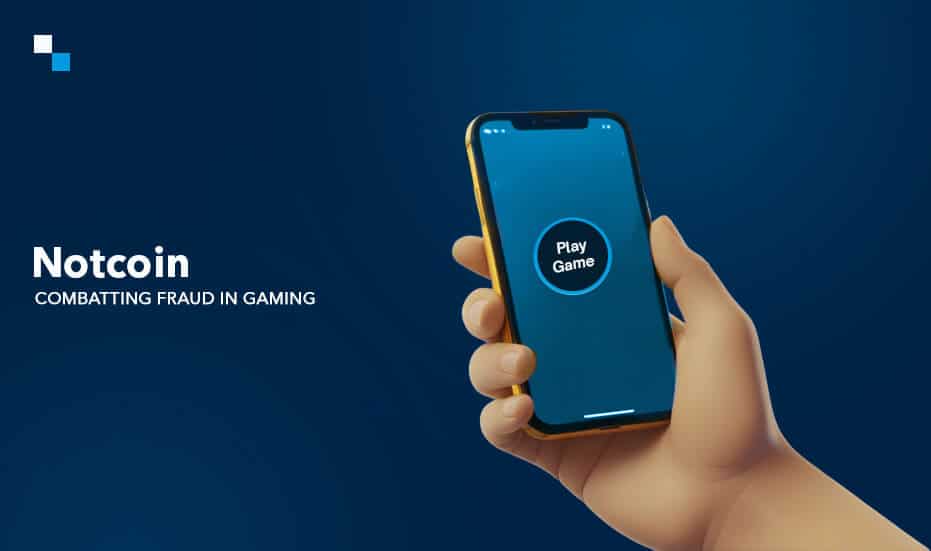
Cryptocurrency Payment Gateway Development Explained
November 10, 2021
Reasons Why Crypto Friendly Neobanking Solution Is Gaining Popularity
November 12, 2021NFTs, or non-fungible tokens, are digital assets based on the blockchain. Anything from a JPEG or GIF to an audio file containing a recording can be an NFT.
Customers who acquire an NFT acquire the token itself, not just permission to use it. As a result, they have the option of keeping ownership or selling it to a prospective buyer.
The Psychology Behind NFTs
It’s easy to write off the NFT craze as entirely insane. One can question about investing money on an intangible “thing” that can be accessed for free elsewhere. NFTs have almost reached the point where they are the digital equivalent of buying original artworks rather than reproductions. Even if they appear identical on the wall, only one individual can own the real thing.
What are NFTs and how do they work?
NFTs are held on the Ethereum blockchain, which is the second most popular cryptocurrency after Bitcoin. Ethereum was created as a ledger system to support smart contracts, which allow for the transfer of NFT ownership from one person to another.
Simply put, blockchain is a decentralized data storage system that makes use of massive peer-to-peer networks. To assure validity, data is stored in ‘blocks,’ which are chronologically arranged and time-stamped.
Because of their undisputed ownership, NFTs have become a sought-after commodity. This has led to the increasing demand for NFT token development.
Critical Advantages of NFTs:
Tradability
NFTs can be traded effortlessly on any platform without any difficulties because of their unique worth.
Holdings
Because non-fungible tokens are built on blockchain technology, a purchase can be traced back to the original owner, verifying the buyer’s authenticity.
Dependability
Non-fungible tokens are developed on the blockchain and work in a decentralized environment. As a result, central authorities or third parties are no longer involved.
Why should NFT be integrated with an e-commerce platform?
E-commerce is a trading platform that allows users to purchase and sell items over the internet or other digital mediums. E-commerce models include business to business (B2B), business to consumer (B2C), direct to consumer (D2C), consumer to consumer (C2C), and consumer to business (C2B).
The use of non-fungible tokens on e-commerce platforms has been a hot topic in the crypto industry. Several e-commerce platforms are developing NFT integration solutions.
What can we learn about consumer culture from NFTs?
Consumers are drawn to scarcity. The unexpected success of NFTs exemplifies how supply influences value. The more complex something is to attain, the more desirable it is. NFTs challenge digital commodities’ perceptions as pervasive and devoid of material worth as they become more ubiquitous.
The importance of content cannot be overstated. Despite their sophisticated blockchain foundation, NFTs only need one thing to work: content. If there weren’t such a high demand for original and engaging content, NFTs would not exist. It’s a clear example of how organizations are increasingly relying on exciting content to keep customers interested in the face of solid marketplace rivalry.
Build Your Own NFT Token for E-commerce Industry
Schedule Free DemoE-commerce Platforms: How NFTs are an Opportunity?
The exchange of items and services on an e-commerce platform involves many third-party authorities since it functions in a centralized ecosystem. As a result of these intermediaries, commission distribution is severely skewed.
Within the last few years, the popularity of NFTs has climbed to extraordinary heights. Owning a digital asset is a typical practice in the corporate sector. Incorporating it generates excellent revenue opportunities for business concepts.
Sometimes buyers can’t find real things in stores and miss obtaining them instantly. Hence, the e-commerce business can add NFT functionality by delivering a digital version of the physical goods being ordered to the customer instantly. Orders are sent to customers within a few days of being placed. By delivering the NFT version of the ordered digital asset, it gives satisfaction and happiness to the customer.
Ordinary people used to find it challenging to buy non-fungible tokens, but thanks to their user-friendly features, NFTs have become increasingly popular. In addition, the e-commerce platform is growing in tandem with the increase in NFTs.
Following Covid-19, many people have turned to these online sites to trade and buy critical items. As a result, several e-commerce platform owners are considering NFT token development.
Many third parties are involved in e-commerce; these third parties would be eliminated by bringing NFTs to these platforms. Businesses associated with e-commerce can benefit from merging NFTs and e-commerce.
The disadvantages of traditional shopping have been reduced, thanks to e-commerce platforms. Unlike the conventional method, buying a single item from an internet retailer does not require you to travel large distances or wait in lines. However, the goods are not immediately supplied to you. It takes some time for your product to be delivered once you order it from an online store.
However, using non-fungible tokens can help solve this problem. Customers can have the digital version of their goods given to them right away, providing them with the greatest gratification from an e-commerce purchase.
Conclusion
Many business owners are turning to organizations specializing in non fungible token development services.
At Antier Solutions, we offer comprehensive NFT development services – from creating non-fungible tokens to developing NFT marketplace platforms. Our blockchain engineers and domain experts align their services to your requirements to offer meaningful outcomes.
Connect with our subject matter experts to share your needs to create NFT token.



